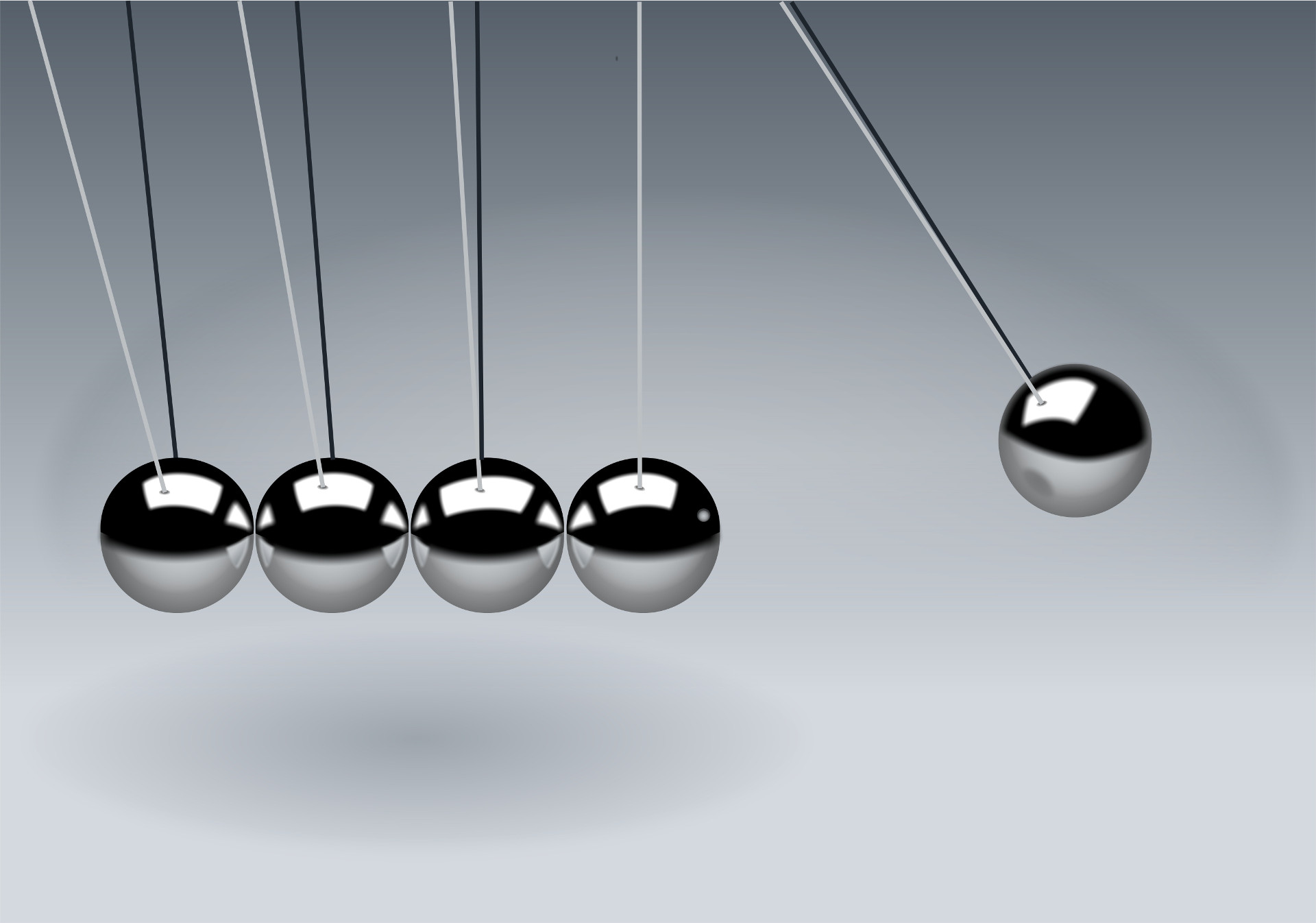
Pablo Artal
At the beginning of every October, attention turns to Stockholm. There, with studied pomp, the Nobel laureates are announced. As you know, these prizes have been awarded annually since 1901 to recognise those who have made remarkable research, discoveries or contributions to humanity. In each of the scientific categories, Medicine, Physics and Chemistry, the prize is associated with a sum of approximately one million euros, which is normally divided between a maximum of three laureates per category. But it is not only the money that gives Nobel prizes their special halo of prestige.
In fact, other prizes have emerged in recent years with similar or even much higher financial rewards. For example, the Kavli Awards or the Breakthrough Awards. The latter, worth 3 million dollars, were promoted by Yuri Milner, a Russian billionaire with a PhD in Physics, and other famous entrepreneurs such as Sergey Brin and Mark Zuckenberg contribute to them. In addition to these, dozens of other prestigious prizes are awarded around the world with the laudable aim of recognising the work of scientists in different fields.
The prizes fulfil a double mission: on the one hand, they are an acknowledgement from societies to those whose work makes the development of humanity possible, and on the other, they serve as a spur for scientists from all over the world. Obviously none of them work with the idea of winning one of these prizes in mind, but they undoubtedly mark a path of excellence and self-improvement.
Nobel prizes have acquired another important quality over time. They give prestige and lustre to the countries and institutions of the laureates. Thus, although individuals are rewarded, they all boast of their laureates as a sign of collective success. To date, 623 people have received Nobel Prizes in scientific disciplines. Of these, almost half were American, reflecting the global dominance of this nation for much of the last century. The UK, Germany and France, in that order, follow in the number of Nobel laureates. And it is remarkable that relatively small countries, such as Switzerland, with a population five times smaller than Spain's, have 24 laureates. It has been those countries with a highly developed science that have been accumulating the largest number of award winners. It is to be expected that, in the coming years, other countries such as China will start to win more prizes as a result of their ambitious scientific and technological commitment.
And what is the situation of our country in this 'league of champions' of knowledge? Sadly, only one Spaniard is among the 623 laureates. And we have to go back to 1906, when Santiago Ramón y Cajal was awarded the prize for Medicine. It is sometimes read or heard, probably to soften this meagre number, that we have a second Spanish Nobel laureate, Severo Ochoa. But we should remember that when he was awarded the prize in 1959 he had already been a US citizen for several years and that all his research had been carried out in that country.
In my humble opinion, this ratio, 1 in 623, is the most shocking of our national disgraces. For what it represents, a historical disinterest in developing our own science and technology. And for what it implies, for being a weak country with a rickety weight in the world of knowledge. Curiously, this embarrassment does not seem to have affected our leaders over the last century, nor does it seem to have affected most citizens.
Except for the enormous, and also relatively forgotten, figure of Cajal, it could be argued that with our tormented past until the end of Francoism, it was normal not to be in that league. Nor were we in many others. Remember our very poor collection of medals at the Olympic Games up to 1992. The difference with sport is that when our country normalised in the 1980s, it was understood that results had to improve. It was almost a matter of national pride. The ADO programme was organised to help Olympic athletes, involving society and business. We have never had a similar response from the public authorities, nor from society, to improve our knowledge fabric.
Spanish science continues to be the unfinished business. Aging, underfunded and suffocated by bureaucracy, it survives on the basis of quixotic individualities. As the researcher Fernando Cossio recently said in an interview, "the situation is desperate, but not serious".
* Published in the newspaper The Truth 29 October 2020.


